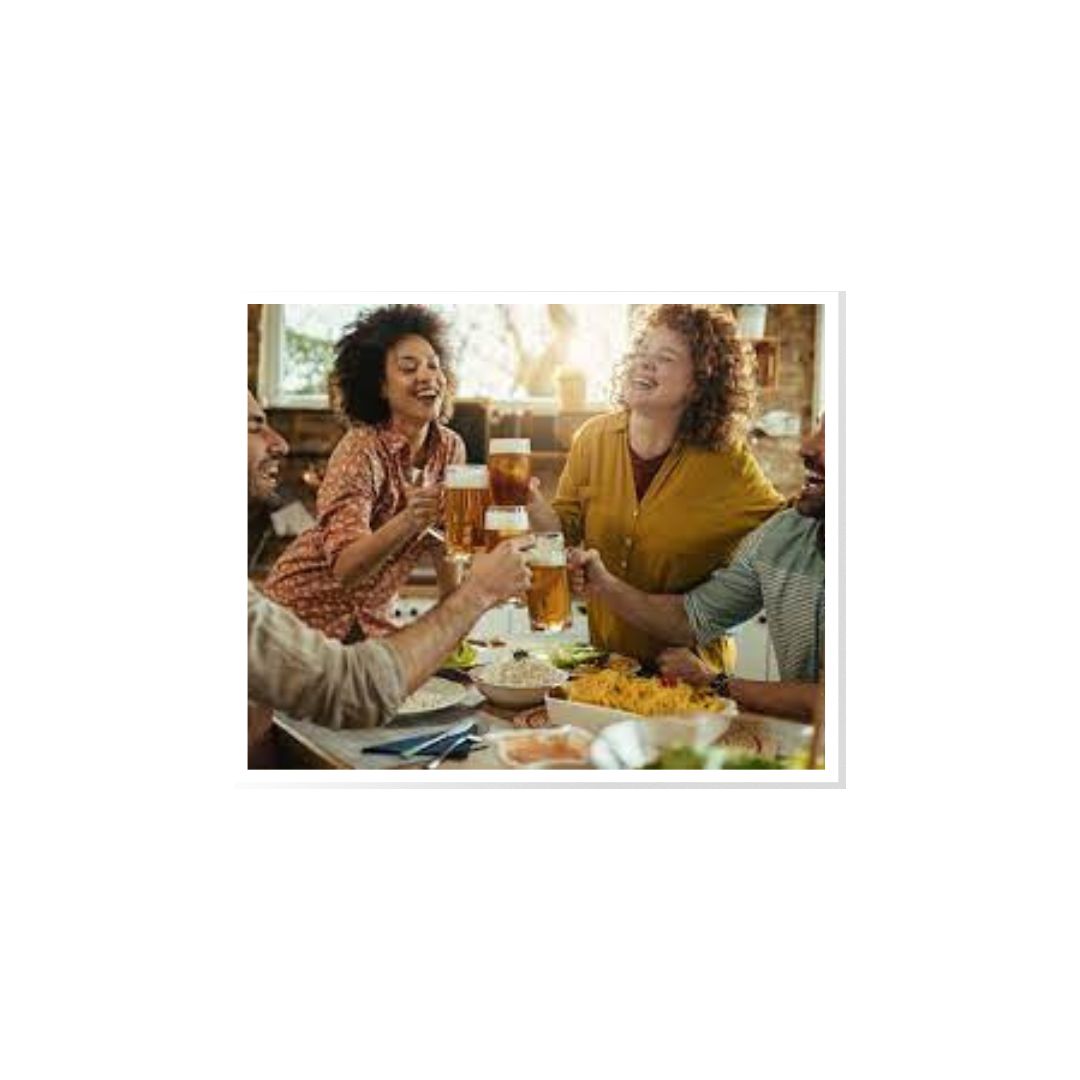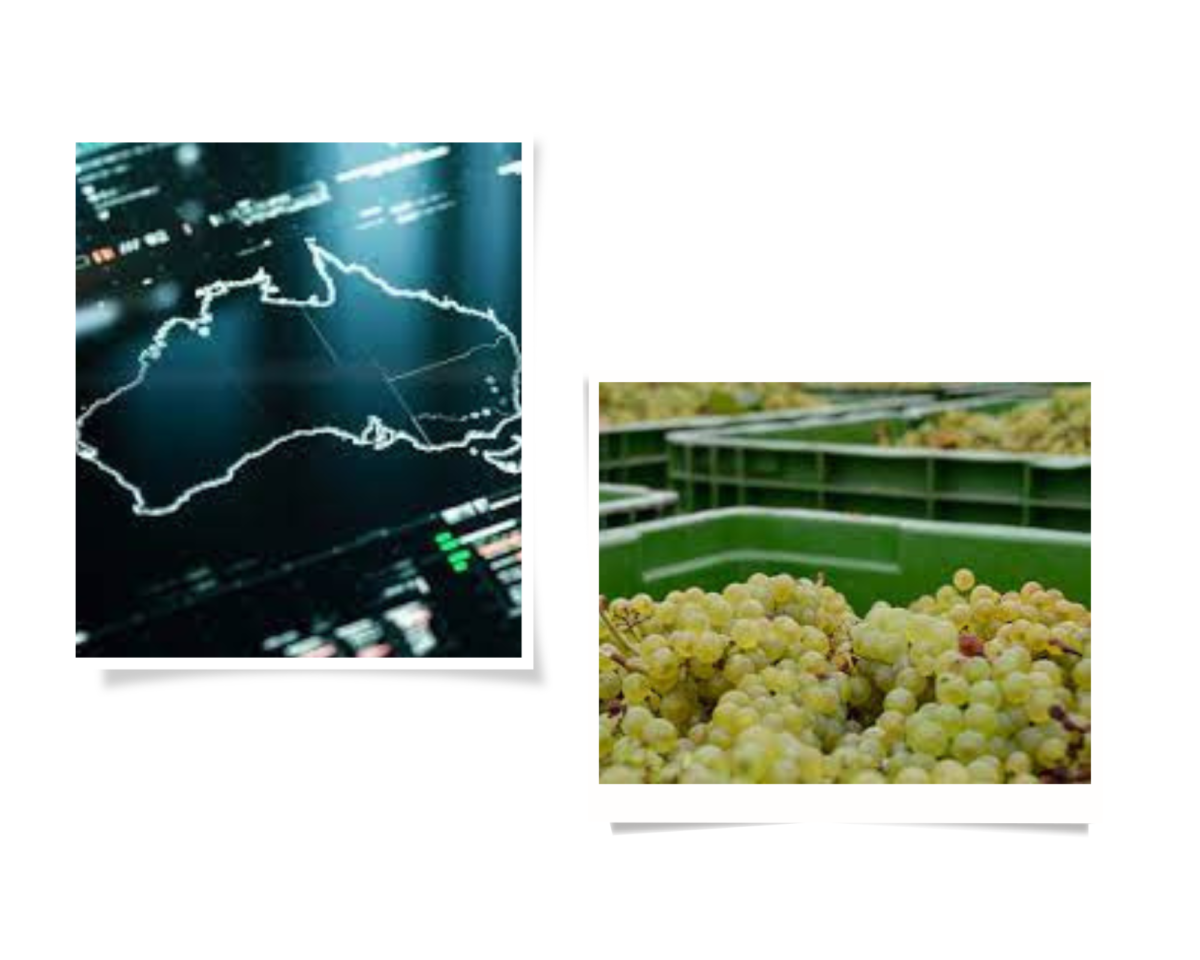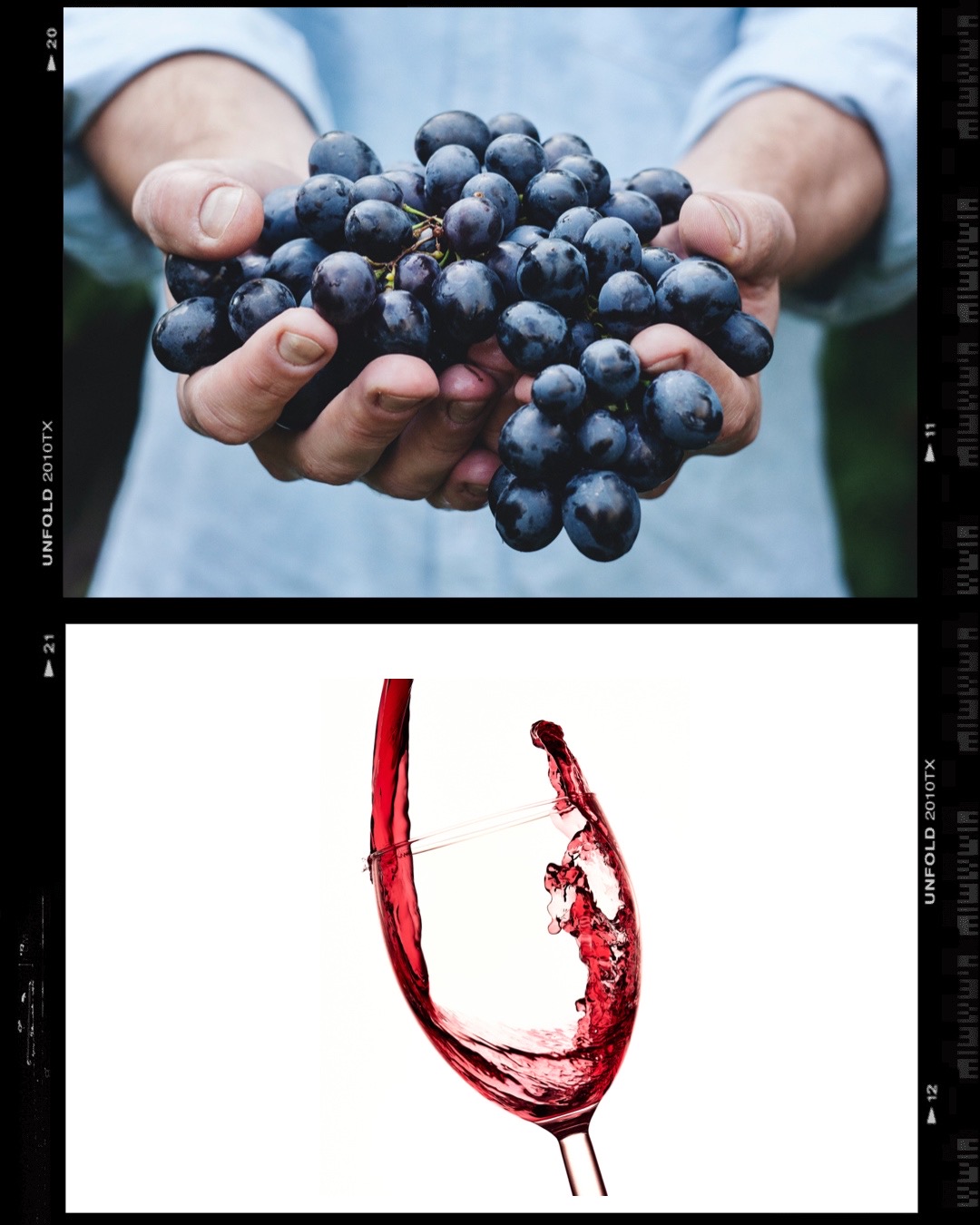According to IWSR research conducted in late 2023 across the top 10 no/low markets – Australia, Brazil, Canada, France, Germany, Japan, South Africa, Spain, the UK and the US – 44% of no/low consumers said they had switched to a no-alcohol drink from another non-alcoholic drink, such as soft drinks, water, tea or coffee. This compares to 29% who replaced a full-strength alcohol product – although this was significantly up on the 2022 figure.
“No-alcohol drinkers generally come from other non-alcoholic beverages, but also now increasingly from full-strength categories,” says Susie Goldspink, Head of No- and Low-Alcohol Insights, IWSR. “There is also an increase in the proportion of no-alcohol consumers planning to increase their no-alcohol consumption.
“Increasingly, alcohol companies see no-alcohol especially as an opportunity for growth. Moderation is an established trend, and no-alcohol products which keep customers within a category – for example, switching beer for no-alcohol beer – or within a brand portfolio – say, switching Heineken for Heineken 0.0 – offer an option to alcohol businesses to hold on to revenue and continue to build brand equity.”
As a result, a number of brand owners across the beverage alcohol marketplace have invested heavily behind zero-alcohol versions of leading brands, or have either acquired or developed ‘pure-play’ no-alcohol brands, to target these opportunities. IWSR’s Innovation Tracker shows that the number of no-alcohol innovations coming to market globally has more than tripled since 2019, with numbers peaking in 2020 for launches of brand extensions as well as new-to-world products.
Consumer attitudes, however, are somewhat different within low-alcohol: here, 40% of those surveyed said they had replaced a full-strength alternative with a low-alcohol product, with 33% switching from another non-alcoholic drink.
“Full-strength alcohol categories continue to be replaced the most by low-alcohol beverages – particularly replacing beer/cider, for example in Spain and Brazil,” explains Goldspink.
“Meanwhile, spirits are being replaced more in markets such as the US and South Africa, where spirits are the most purchased full-strength category.”
IWSR consumer research also suggests that people who don’t currently participate in the no-/low-alcohol category could also be potential targets for brand owners in the future.
“More than half of non-consumers of no/low are either moderating their alcohol intake (26%) or don’t drink alcohol at all (28%) – offering a further untapped opportunity for producers of no- and low-alcohol brands,” explains Goldspink.
“There is also evidence from our recent consumer research that in many markets, no-alcohol products recruit consumers who aren’t drinking in a certain occasion or switching between both. These might be ‘Substituters’ (those who switch between alcohol and no-alcohol in different occasions) or ‘Blenders’ (mixing alcohol and no-alcohol in the same occasion).
“In both cases, these occasions offer an incremental opportunity for a brand owner to sell a product to a consumer who otherwise would not have been buying one of their products.”
Meanwhile, the emergent segment of functional beverages – ‘alcohol adjacents’ with active ingredients such as CBD, adaptogens or nootropics that claim to offer health benefits, stress reduction, mood alteration and pleasure – is beginning to attract younger consumers (Gen Z, Millennials) in particular.
According to IWSR data, the purchase of cognitive enhancers has increased over the past year, driven by growth in Australia and the US – where up to 29% of Millennials have made purchases in the category.
“CBD and other nootropic/adaptogenic products could provide a future challenge to alcohol consumption, particularly with younger legal drinking age consumers who are more likely to participate in this category,” says Goldspink.
“This generation participates in a broader repertoire of beverages in this space, as well as generally still consuming alcohol. As such, for brand owners looking to shape their future category, it’s really all about offering consumer choice to suit different occasions.”
The growth of the overall no/low-alcohol category gives brands the opportunity to cater to a much wider group of consumers. In many ways, no/low can be thought of as a solution to a gap in the market, rather than as a threat to the incumbents.
Source:IWSR





